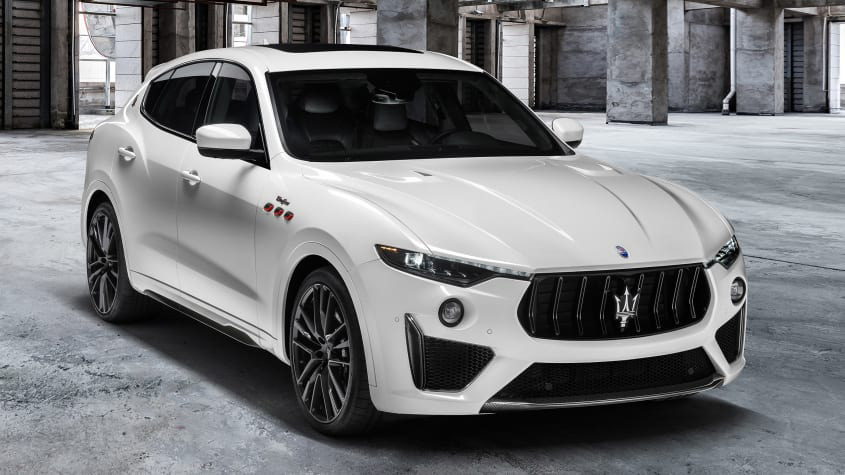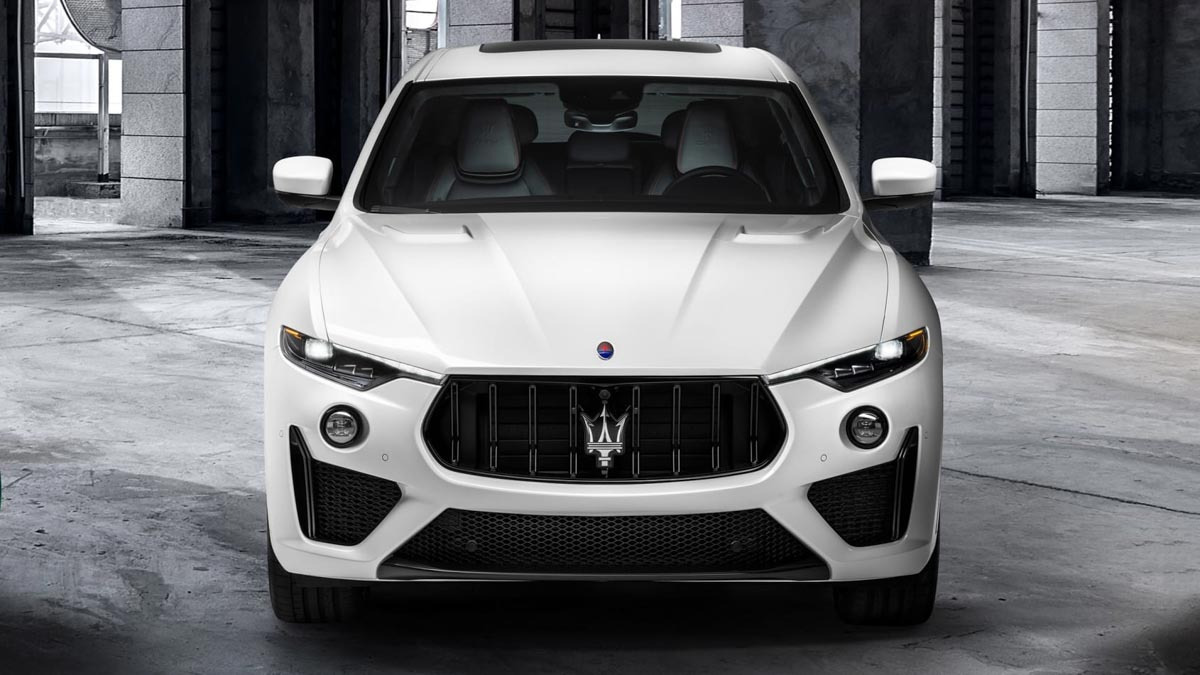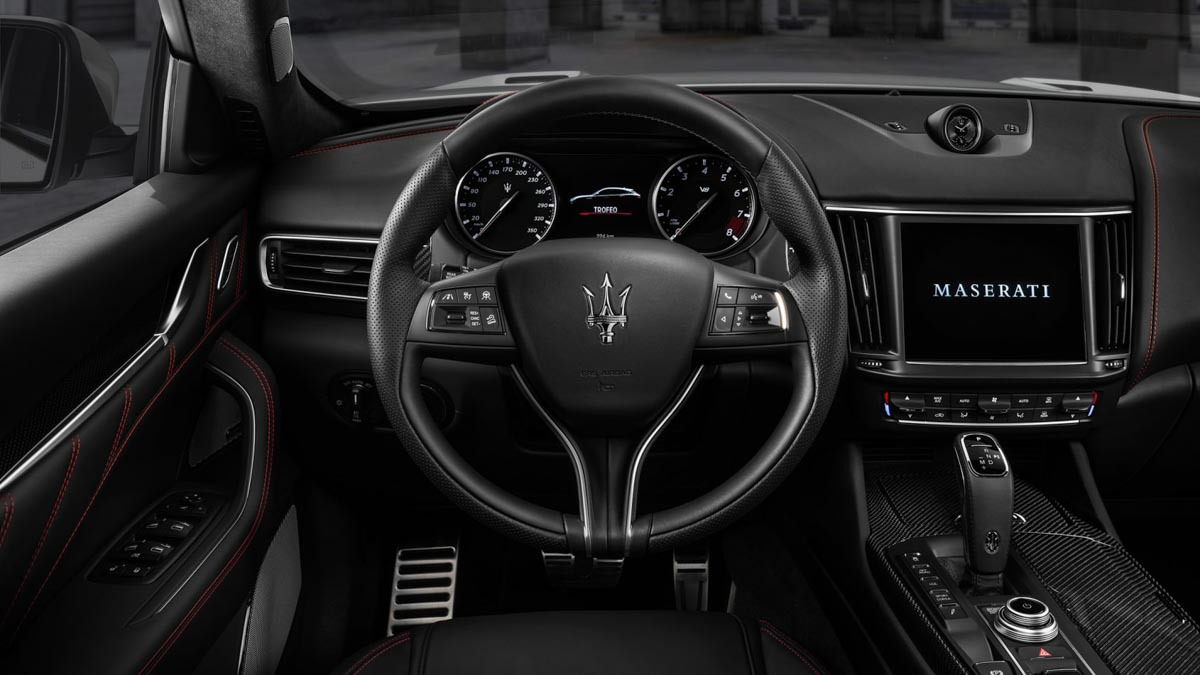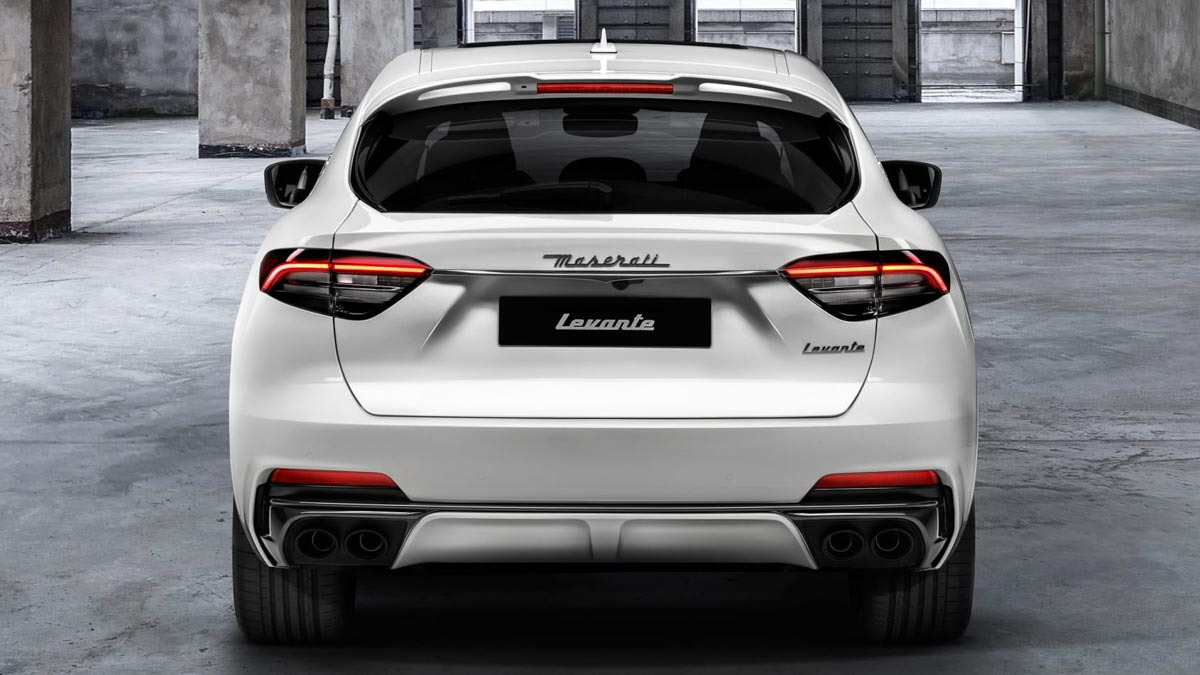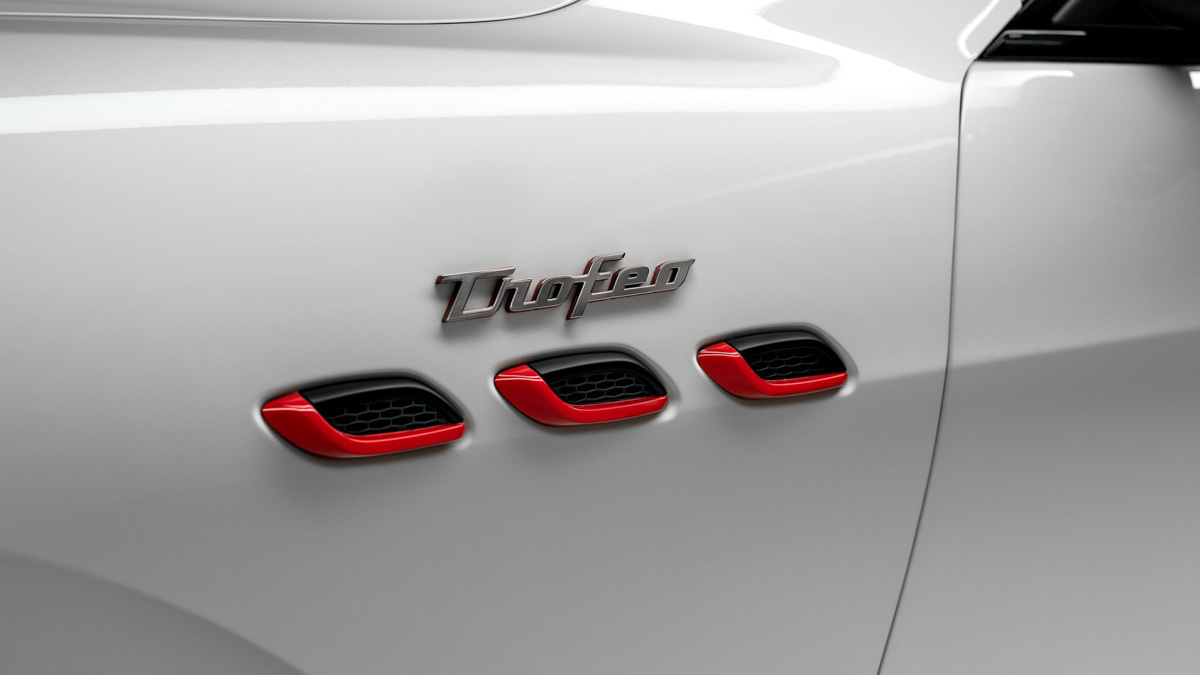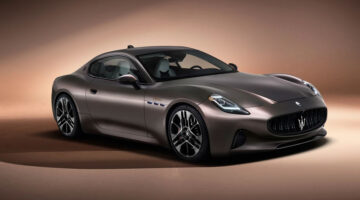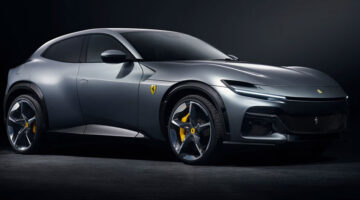Packing 581bhp under its new vented bonnet, the Maserati Levante Trofeo finally brings the Italian brand’s SUV the power it deserves
Maserati’s high performance Levante Trofeo is being updated alongside the new Ghibli and Quattroporte Trofeos, featuring the same updated version twin-turbo V8 engine and some updated styling elements.
Most of the changes apply to the V8 engine, which has picked up new pistons and connecting rods, a redesigned head with new camshafts and valves and new turbos. Alongside the hardware changes, is new mapping and calibration settings too. Despite this work to the powertrain, peak power is the same as for the Trofeo revealed two years ago, with 572bhp reached at 6750rpm, and peak torque of 539lb ft available between 2250rpm and 5250rpm.
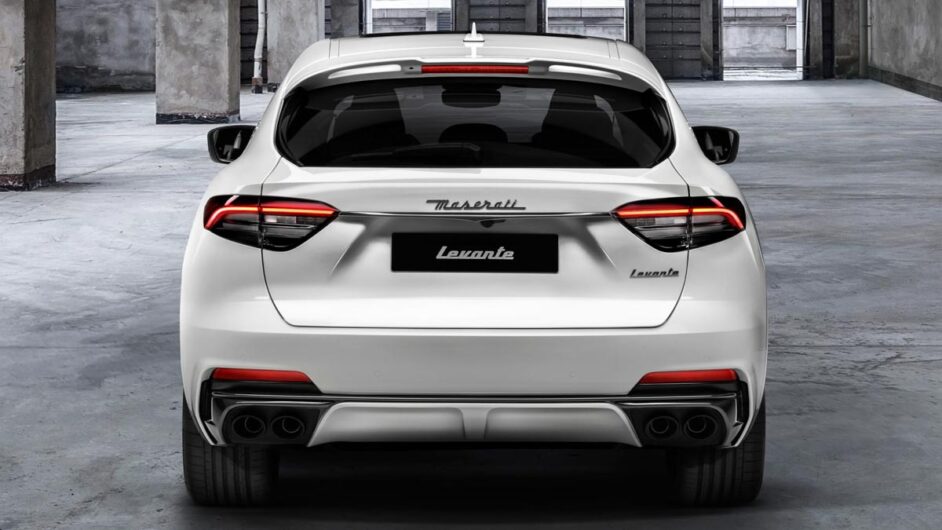
The engine is connected to the same ZF-sourced eight-speed automatic transmission attached to the back of the engine. Unusually for 2020, there is no mild-hybrid, active anti-roll bars or rear-wheel steering to try and disguise the Levante’s not insubstantial 2170kg, but it does bring air-springs with Maserati’s Skyhook adaptive damper setup to the party.
Unlike its saloon counterparts the Levante has all-wheel drive, which makes the Levante the quickest of the high-performance Maserati trio, reaching 100kph in 4.1sec to the Ghibli’s 4.3sec. The top speed is pegged back a little compared to the saloons though, topping out at 300kph. Assisting the rear-biased all-wheel drive system is also a mechanical limited slip differential on the rear axle to keep wheelspin to a minimum.
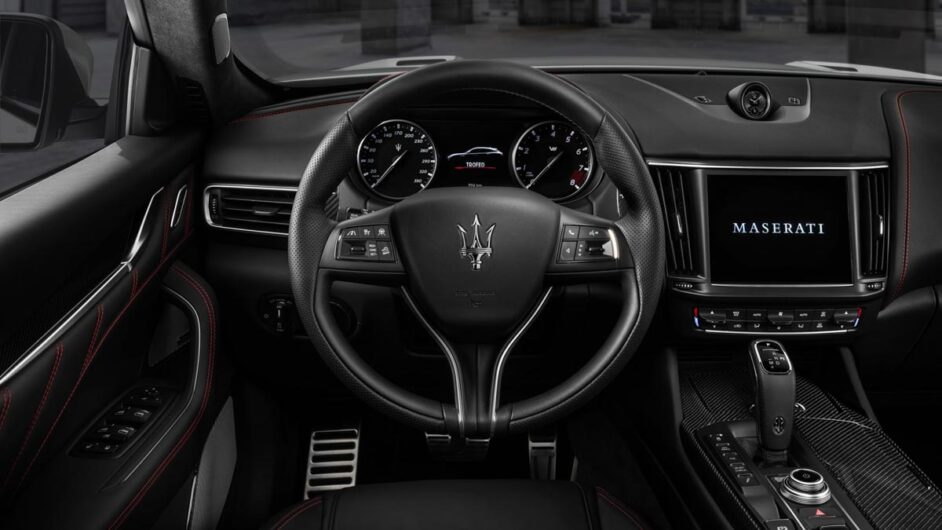
While the Trofeo spouts big power, so do many of its high performance rivals, with the Mercedes-AMG GLE63 S, Audi RSQ8, Lamborghini Urus, Porsche Cayenne Turbo and BMW X5 M all faster in the 0-100kph sprint, cracking the 4sec barrier.
The Levante’s aesthetics haven’t been altered much from the previous Trofeo model, but it does feature a new pair of taillights with a refreshed boomerang graphic familiar to the updated Ghibli and Quattroporte. The interior is also subtly updated, with new materials and changes to the infotainment system.
This article originally appeared at evo.co.uk
Copyright © evo UK, Dennis Publishing

